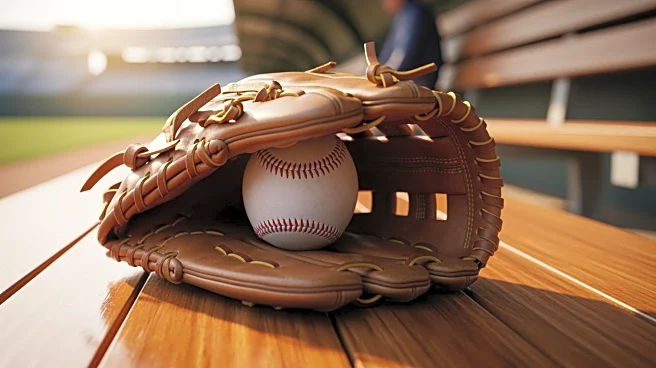Rapid Read • 8 min read
An educator has designed a life-skills class aimed at bridging the gap between high school education and real-world applicability. The initiative was driven by observations of student disengagement during the pandemic and feedback from surveys conducted with parents, students, educators, and community members. The class, launched in the 2024-25 school year, focuses on practical skills such as budgeting, stress management, and conflict resolution. The curriculum is inspired by John Dewey's principles of experiential learning and Waldorf methods, emphasizing practical skill-building. Students are encouraged to take ownership of their learning, with options to explore topics like career planning, consumerism skills, and civic engagement. The course has received positive feedback from students and parents, who find it highly relevant to real-life challenges.
AD
The introduction of life-skills classes in high schools addresses a critical need for education that directly correlates with real-world challenges. By equipping students with practical skills, the program aims to improve self-esteem and reduce anxiety, fostering a more engaged and prepared student body. This approach could potentially influence educational policy, encouraging schools nationwide to adopt similar programs. The focus on experiential learning and personalized education aligns with broader educational trends seeking to make learning more relevant and impactful. As students gain skills applicable to everyday life, they are better prepared for future employment and societal contributions, potentially reducing the gap between academic learning and practical application.
The success of this life-skills class may inspire other educators and schools to implement similar programs. The educator has expressed willingness to share the curriculum and strategies with interested parties, suggesting a collaborative effort to expand the model. As more schools consider adopting life-skills classes, there may be increased dialogue around educational reform and the integration of practical skills into standard curricula. Stakeholders, including educational policymakers and community leaders, might explore funding and support mechanisms to facilitate the widespread adoption of such programs.
The development of life-skills classes highlights a shift towards personalized and experiential learning in education. This approach not only addresses immediate student needs but also fosters long-term societal benefits by preparing students to navigate complex real-world scenarios. The emphasis on student-driven inquiry and project-based learning could lead to a cultural shift in educational practices, promoting creativity, critical thinking, and adaptability. As students engage with topics of personal interest, they develop a sense of agency and responsibility, potentially influencing their future roles as active and informed citizens.
AD
More Stories You Might Enjoy










